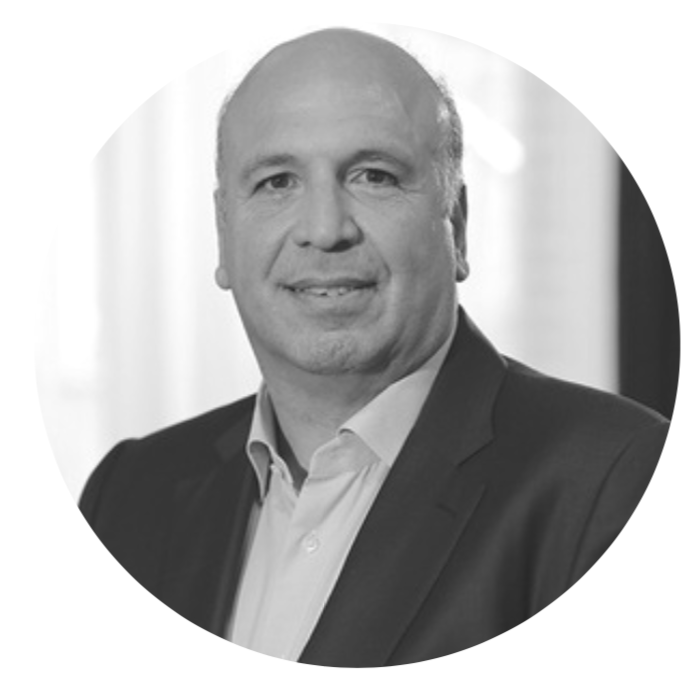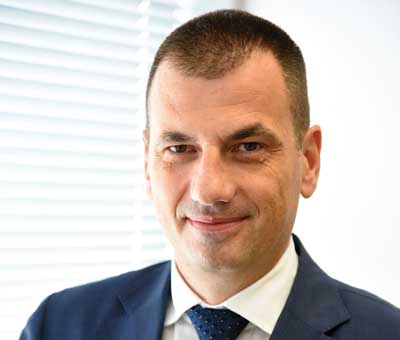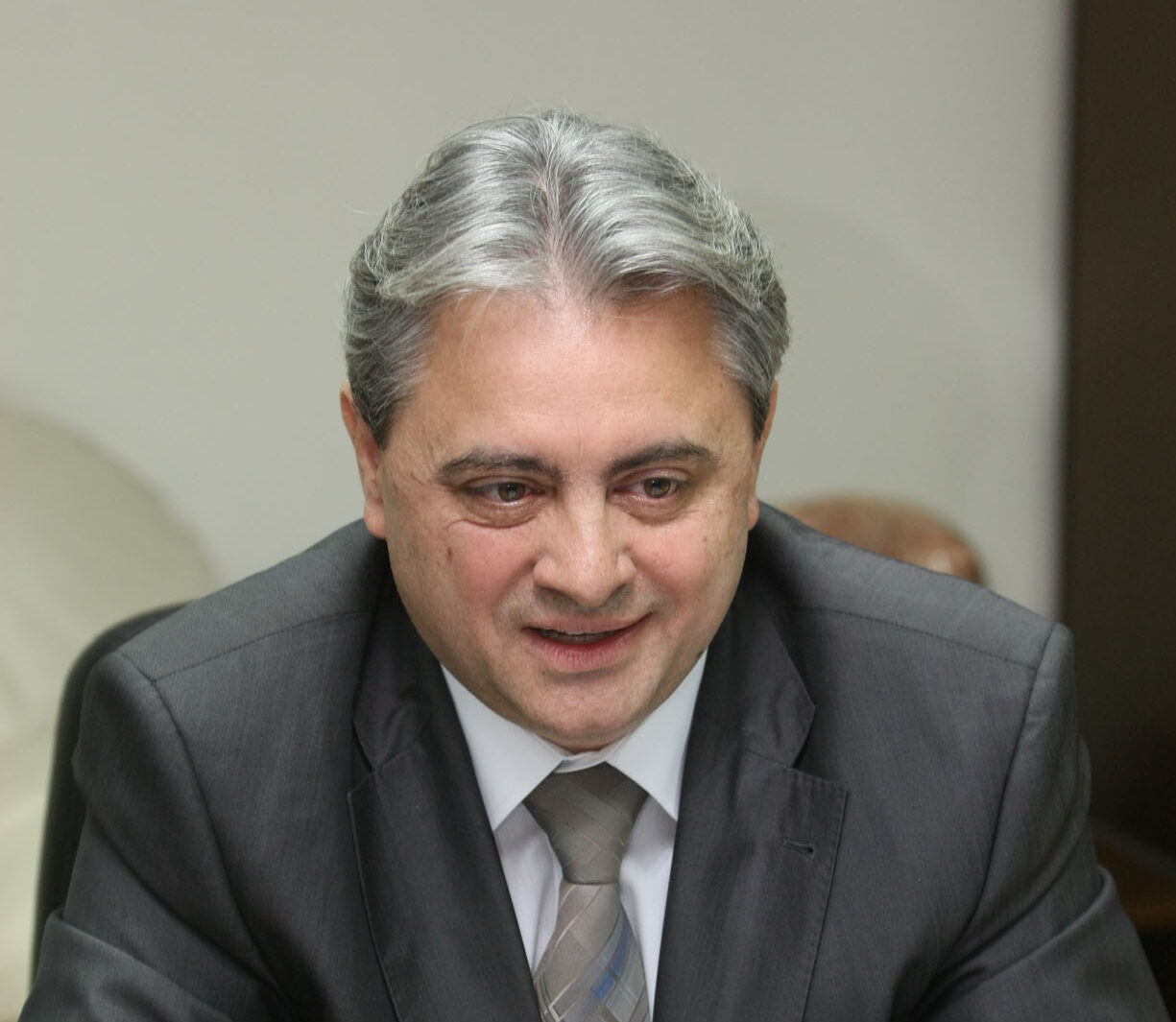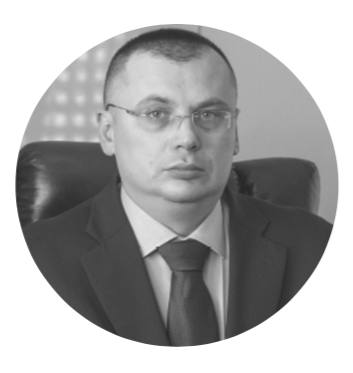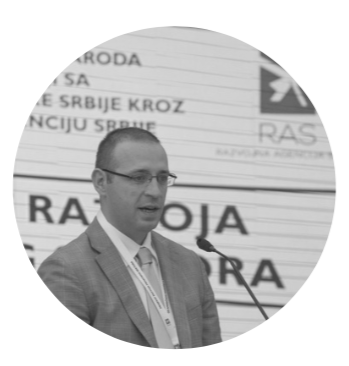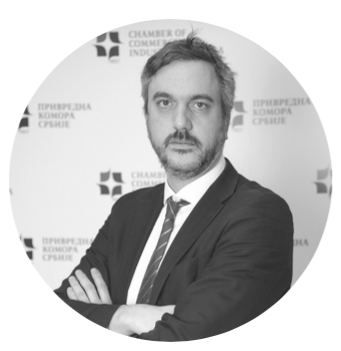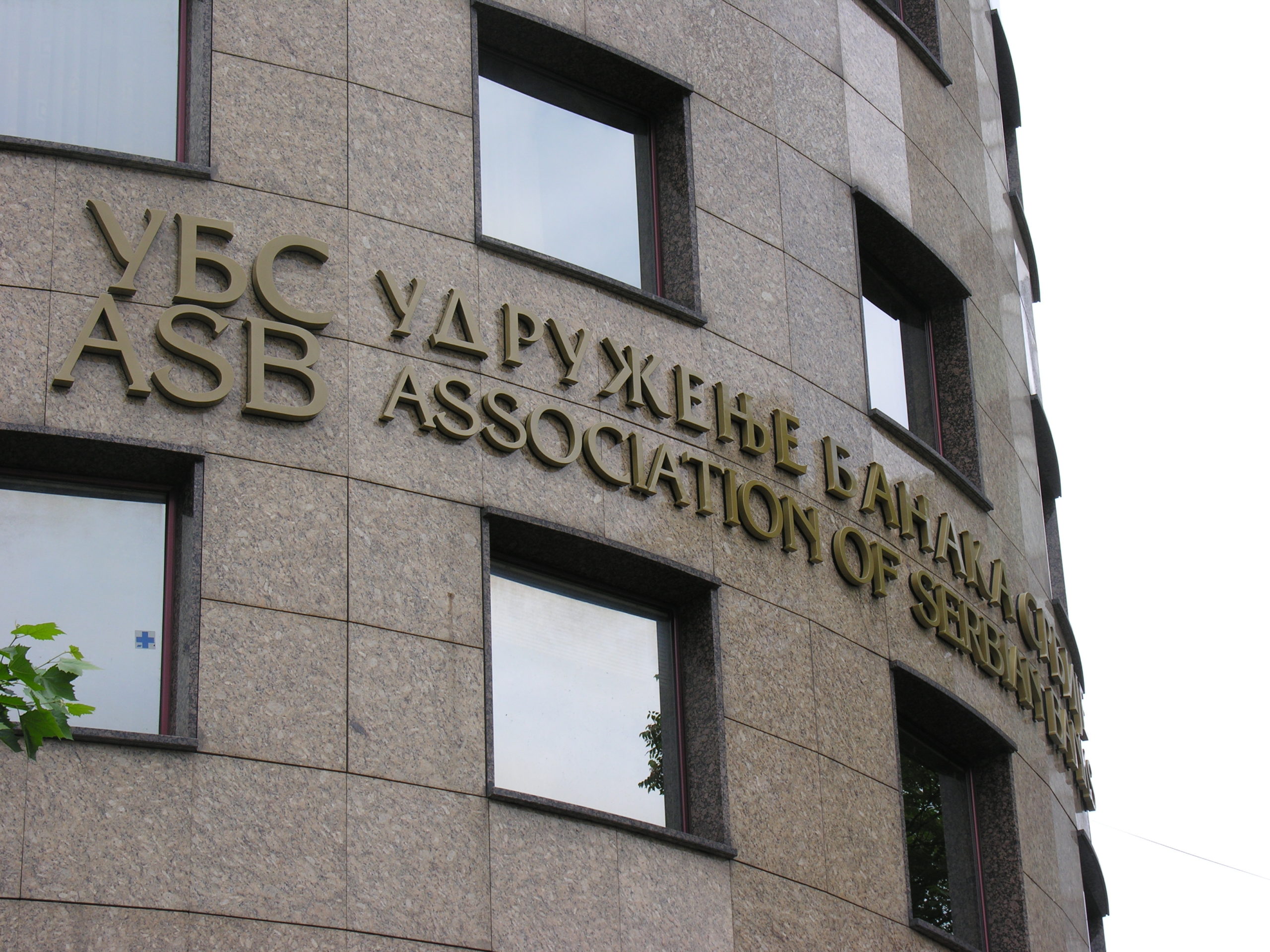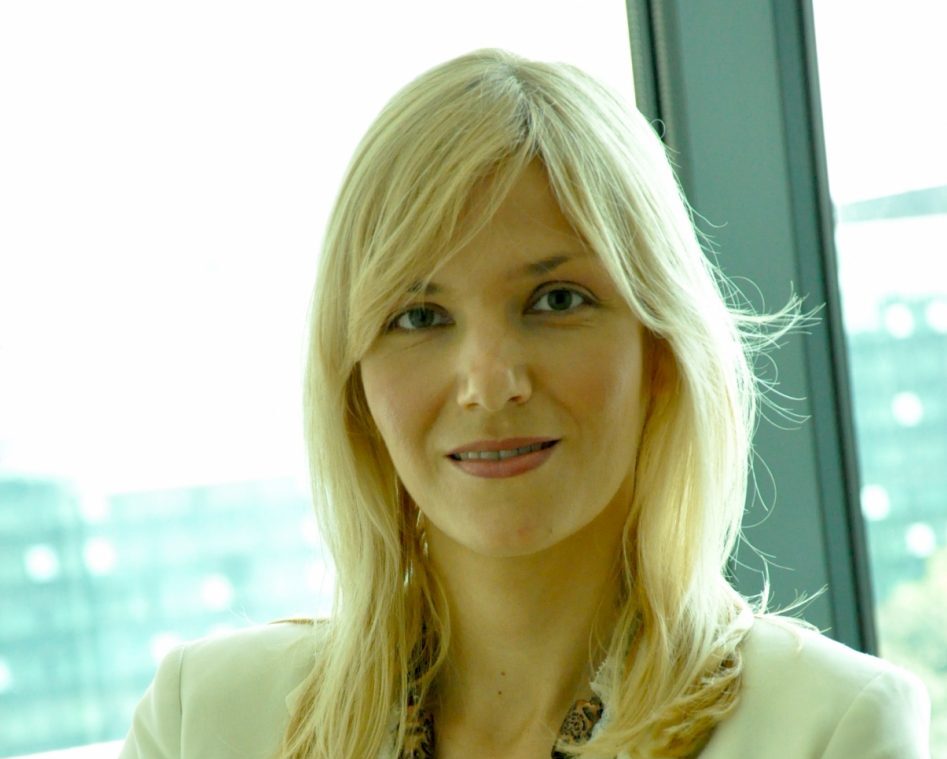Based in Ireland’s third-largest city since 1964, Kirby Group Engineering is now a leading name in data centers

Europe has rapidly established itself as a market leader in the data center industry, and Ireland is playing a crucial role in making this rise possible. Last year, the Irish data center market was expected to be worth USD 3 billion by the year 2025. Though the COVID-19 pandemic temporarily slowed Ireland’s data center construction in 2020, more than 35 colocation facilities are operating on the island and investments into hyperscale services have increased. Increased reliance on the Internet of Things, from employment to entertainment, means the worldwide demand for data centers is likely to accelerate.
Leading companies in Ireland’s data center sector have been working hard to export the island’s technological know-how, constructing data centers across Europe and worldwide for multinational clients. That said, Ireland itself is an ideal location for data centers thanks to factors like its climate, security, governmental support, and strong fiber connectivity to other regions. International corporations continue to establish their data centers in Ireland, helping the country maintain its foothold in the industry.
One of Ireland’s most promising data center firms is Kirby Group Engineering, based in Limerick. Kirby climbed to become a true powerhouse from its humble beginnings in 1964 as an electrical contracting firm with just two employees. Today, the firm works with clients from around the world on projects related to data centers, life sciences, commercial, energy, and industrial sectors.
While the firm has been doing well across the board, Group Managing Director Mark Flanagan said that data centers have emerged as a key focus for the company.

“We have a bright future; Irish companies have been punching well above their weight in this specific sector. There is a density of engineering capability that has been built up since the 1970s. That has evolved, and we are now in a situation where Irish companies are at the cutting edge of very large and complex projects,” he said.
Kirby successfully delivered international data center projects for big-name clients over the last number of years.
“Despite the challenges of travel and quarantine, we as a company have delivered on original, pre-COVID delivery dates for some of the largest companies in the world in this sector,” Flanagan said.
Along with its data center sector, Kirby is known for its work in the field of life sciences, offering a variety of complex electrical and mechanical system installations and off-site manufactured solutions.
Kirby is also active in the industrial manufacturing, commercial, and power sectors, where it has worked on the construction of leading-edge semi-conductor manufacturing facilities as well as medical devices and high-end commercial fit-outs. In the power sector Kirby’s focus is on energy substations and renewables, partnering over the years with industry leaders such as ESB Networks, EirGrid, and Scottish Power.
To meet the needs of customers no matter where they are located, Kirby’s expansion is continuing today. As part of this ongoing process, the firm aims to support employee growth to better serve clients while upholding its core value of putting people first.
“A lot of people are only focusing on the technology. What we are focusing on is getting the best technology, while also investing significantly in the training and development of our people to deliver real value,” Flanagan said.
Kirby’s efforts in supporting employees, promoting training, and leading by example were recently recognized through the receipt of the ‘Investors in People’ Platinum accreditation award. Internationally, less than 2% of accredited organizations ever achieve this top accolade.
One factor playing a key role in Kirby’s ability to develop talent has been its apprenticeship program. This system allowed the group to find and train qualified young people, ensuring a steady pipeline of new talent. In 2020, Kirby doubled its apprentice intake compared to previous years.
“We probably had one of the highest intakes of apprentices last year in Ireland. We took on 80 apprentices, which is a large number for Ireland. We invest heavily in them; we are a values-driven business, and our number-one core value is people,” Flanagan said.
According to Flanagan, Limerick, and Ireland as a whole, are likely to continue to see economic growth in the coming years. This is supported by an age demographic that has provided the country with a reservoir of well-educated and outward-looking young people with strong scientific, technological, engineering, and mathematical skills.
“Ireland is evolving as a country – it is becoming a lot more cohesive. Dublin is still the epicenter of all strong development, but we are now seeing other cities starting to progress. Probably the most progressive of those cities is Limerick, in its plans towards the future,” he said.
He cited Limerick’s “warm and friendly” people, competitive sporting prowess, and strong business ecosystem as three of the city’s strongest traits.
For Kirby, the future looks bright and full of promise as it plans and delivers its brand of excellence in Ireland and across Europe. Kirby and its people with be at the forefront of data center construction for some time to come, delivering the next generation of engineering excellence.



